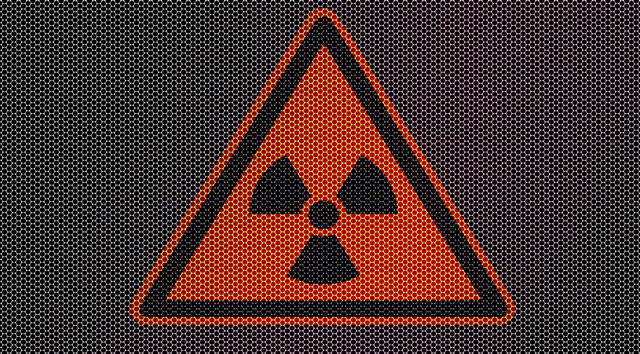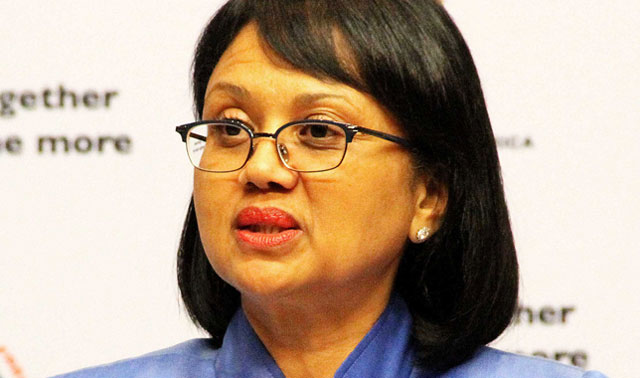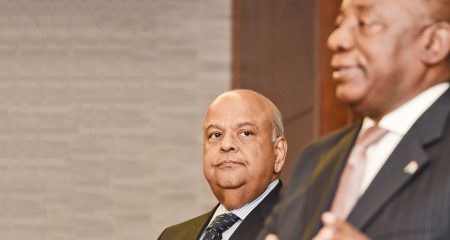
The 9,6GW nuclear energy new build programme will only proceed after a “thorough and transparent tender process”, according to treasury’s budget review.
Following on from President Jacob Zuma’s state of the nation address this month, finance minister Pravin Gordhan’s budget review said “government will only expand such capacity at a scale and pace that is affordable”.
It added that nuclear power “involves substantial upfront costs”.
However, it said that over the longer term, “government has identified the need to expand production of nuclear power within South Africa’s overall energy mix”.
In his budget address, Gordhan said department of energy (DoE) minister Tina Joemat-Pettersson will oversee the preparatory work for investment in nuclear power.
“Funds were reprioritised to appoint a transactional advisor to assist the DoE with the call for proposals for the nuclear build programme,” treasury said.
“An amount of R200m has been set aside to support preparatory work for nuclear procurement.”
This amount was allocated by former finance minister Nhlanhla Nene in his mini budget in 2015.
The statements over nuclear come after cabinet authorised the DoE to push ahead for request for proposals in December 2015, after which a Government Gazette was published.
On Tuesday, Joemat-Pettersson told parliament that the nuclear programme should be run by the Independent Power Producer (IPP) office.
The renewable energy IPP procurement programme has been praised internationally for government’s successful partnership with the private sector, Joemat-Pettersson told the portfolio committee on energy.

The IPP office is a partnership between the DoE, treasury and the Development Bank of Southern Africa and Joemat-Pettersson also wants the auditor-general to form part of office.
“If the IPP programme has delivered such good results, then we believe we are on the right track,” she said. “We now have an IPP for gas and coal and hence our request to do nuclear along the IPP base.”
“We have a credible and sound unit that has worked with private sector of government,” she said.
While the Democratic Alliance approved of the proposal, she faced stiff resistance from her own party, the ANC.




